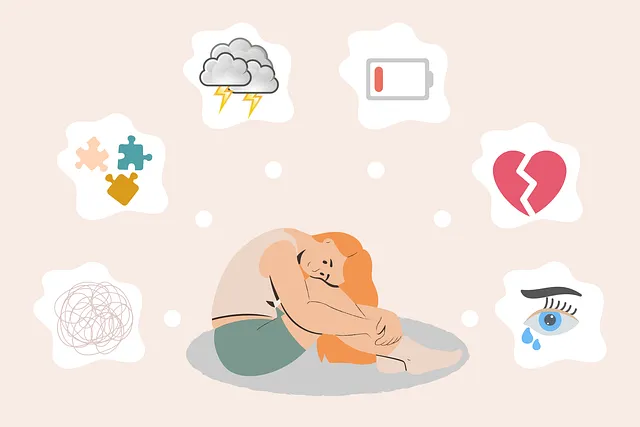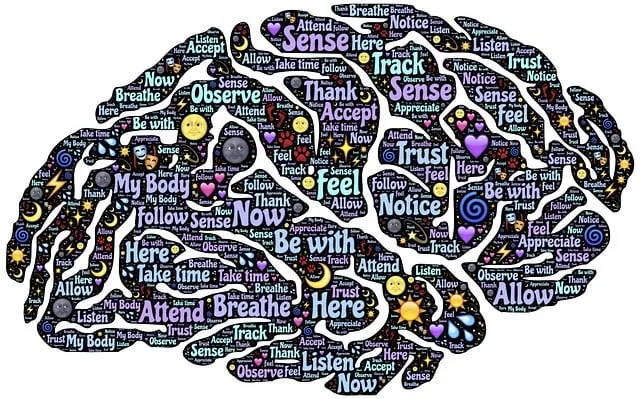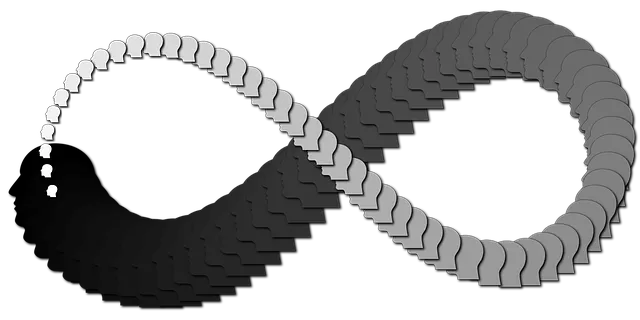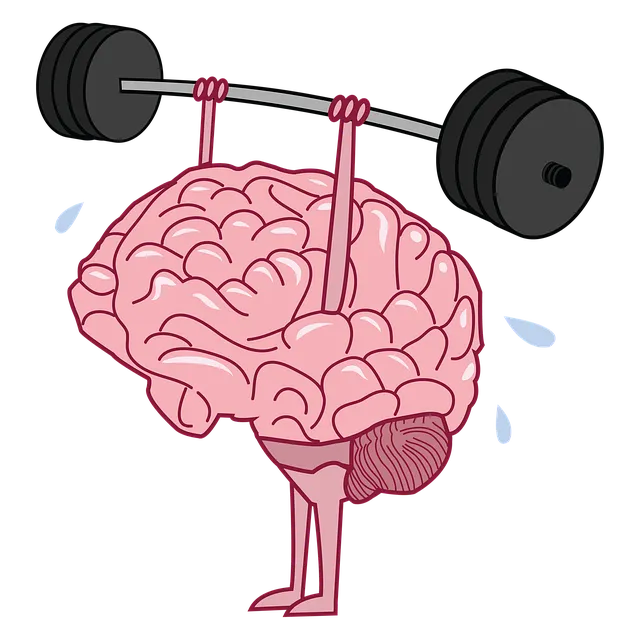The Lafayette Kaiser Permanente (LKP) mental health center leverages extended visiting hours as a strategic tool for enhancing mental illness diagnosis accuracy. Through open dialogues, stigma reduction programs, and trauma support services, LKP ensures precise assessments and tailored treatment plans, improving patient outcomes. Their holistic approach integrates community outreach, cutting-edge assessment tools, and staff resilience strategies, fostering an environment of trust and collaboration that empowers patients to actively participate in their care. This innovative model aligns with broader mental health policy goals, aiming to reduce provider burnout while promoting sustained patient well-being.
Mental illness diagnosis accuracy is paramount in providing effective treatment. However, misdiagnosis remains a significant challenge, impacting patient outcomes and trust in healthcare systems. This article explores efforts to enhance diagnostic precision, focusing on innovative techniques, patient empowerment, and collaborative care models. We delve into the success of centers like the Lafayette Kaiser Permanente Mental Health Center, known for its precision psychiatry approach, and highlight strategies that promise to revolutionize mental health diagnosis, including improved patient-doctor communication and integrated healthcare networks.
- Understanding the Impact of Accurate Diagnosis: Unraveling Mental Health Misdiagnosis
- The Lafayette Kaiser Permanente Mental Health Center: A Hub for Precision Psychiatry
- Innovative Techniques to Enhance Diagnostic Accuracy in Mental Health
- Patient-Centric Approaches: Empowering Individuals Through Informed Consent and Education
- Building a Supportive Ecosystem: Collaborating with Healthcare Professionals for Consistent Care
Understanding the Impact of Accurate Diagnosis: Unraveling Mental Health Misdiagnosis

Accurate mental illness diagnosis is paramount for effective treatment and patient outcomes. Unfortunately, misdiagnosis is common, often due to complex symptoms that overlap across various disorders or the presence of comorbid conditions. This can lead to inappropriate treatments, delayed care, and even exacerbated symptoms. At the Lafayette Kaiser Permanente mental health center, visiting hours offer a crucial opportunity for patients to engage with healthcare providers, fostering open conversations that can help unravel these complexities.
Understanding the nuances of mental health is essential in reducing stigma and improving diagnosis accuracy. Mental illness stigma reduction efforts, coupled with well-designed mental health education programs, empower both patients and healthcare providers. By promoting awareness about the diverse presentations of mental illness, these initiatives ensure more accurate assessments. Additionally, trauma support services play a vital role in addressing underlying traumatic experiences that may contribute to symptoms, further enhancing diagnosis and treatment planning.
The Lafayette Kaiser Permanente Mental Health Center: A Hub for Precision Psychiatry

The Lafayette Kaiser Permanente Mental Health Center stands as a beacon for precision psychiatry, dedicated to enhancing mental illness diagnosis accuracy. This center isn’t just a medical facility; it’s a hub where cutting-edge practices and compassionate care intertwine, aiming to revolutionize mental health management. With extended visiting hours, the center ensures accessibility, accommodating individuals seeking support at their convenience.
The heart of its approach lies in building resilience through tailored interventions. By integrating community outreach programs, the center fosters connections, offering valuable resources that extend beyond clinical walls. This holistic strategy not only improves diagnosis accuracy but also empowers patients to manage moods effectively, reflecting a genuine commitment to comprehensive mental well-being.
Innovative Techniques to Enhance Diagnostic Accuracy in Mental Health

Mental health professionals at the Lafayette Kaiser Permanente mental health center are constantly striving to enhance diagnostic accuracy through innovative techniques. One such approach involves utilizing advanced assessment tools that go beyond traditional methods, incorporating cutting-edge technology and data analytics to capture subtle nuances in patient presentations. These tools aid in a more comprehensive understanding of an individual’s mental state, ensuring diagnoses that are both precise and timely.
Furthermore, the center places significant emphasis on improving healthcare providers’ resilience through burnout prevention strategies. By prioritizing self-care and implementing effective mood management techniques, staff members can maintain optimal performance and provide consistent, high-quality care. This holistic approach, which includes regular training sessions on burnout prevention and resilience building, reflects the center’s commitment to not only enhancing diagnostic accuracy but also fostering a supportive environment for both patients and healthcare professionals alike, such as those observing visiting hours at Lafayette Kaiser Permanente mental health center.
Patient-Centric Approaches: Empowering Individuals Through Informed Consent and Education

At the Lafayette Kaiser Permanente mental health center, patient-centric approaches are transforming the way care is delivered. Encouraging informed consent and providing education about mental wellness empower individuals to take an active role in their treatment plans. By fostering open communication between patients and healthcare providers, these strategies improve understanding and build trust.
Visits to the Lafayette Kaiser Permanente mental health center become more than just transactions; they evolve into collaborative partnerships. This shift not only enhances patient satisfaction but also improves diagnosis accuracy by ensuring individuals are well-informed about their mental health conditions. Moreover, educating patients on conflict resolution techniques and cultural sensitivity in mental healthcare practice further enriches the therapeutic process, making it more personalized and effective.
Building a Supportive Ecosystem: Collaborating with Healthcare Professionals for Consistent Care

At Lafayette Kaiser Permanente mental health center, visiting hours are designed to foster a supportive ecosystem for both patients and their loved ones. This collaborative approach ensures consistent care by integrating various healthcare professionals—psychiatrists, psychologists, social workers, and nurses—who work in tandem to address the multifaceted needs of individuals with mental illness. By implementing structured visiting protocols, patients can expect continuous support throughout their emotional healing processes, regardless of the time they visit.
This holistic strategy aligns with broader initiatives in Mental Health Policy Analysis and Advocacy, aiming to reduce burnout among healthcare providers while enhancing patient outcomes. By prioritizing consistent care and fostering an environment that promotes open communication and collaboration, Lafayette Kaiser Permanente is not just treating mental illness but also empowering patients to navigate their emotional healing journeys with resilience and support.
Mental illness diagnosis accuracy is paramount in ensuring effective treatment and improved patient outcomes. By implementing innovative techniques, such as those championed by the Lafayette Kaiser Permanente Mental Health Center, and adopting patient-centric approaches that empower individuals through education and informed consent, we can navigate the complex landscape of mental health misdiagnosis. Collaboration across healthcare professionals remains vital for consistent care, ultimately fostering a supportive ecosystem that enhances diagnostic accuracy and drives better mental health outcomes. Visiting hours at the Lafayette Kaiser Permanente Mental Health Center, known for its precision psychiatry services, underscore the commitment to accessibility and care in this critical domain.




